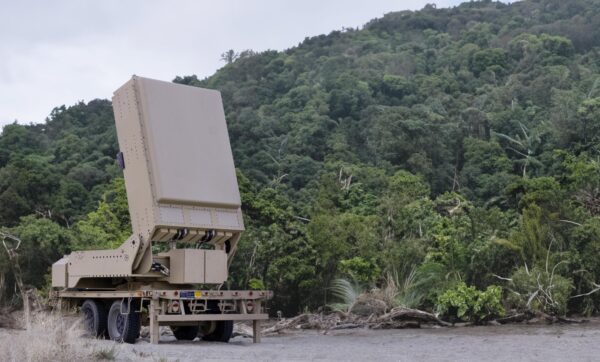
By Richard Scott
Epirus (Los Angeles, CA) has received a contract modification valued at almost $17 million from the US Army’s Rapid Capabilities and Critical Technologies Office (RCCTO) for the development and integration of an upgraded sensor suite in support of the Integrated Fires Protection Capability High Power Microwave (IFPC-HPM) program.
Under the scope of work, the company will integrate a closed-loop fire control system and perform software development to increase the operational suitability and effectiveness of the IFPC-HPM systems. The upgrades will, in part, reduce engagement latency, enhance operator performance and improve the accuracy of the IFPC-HPM system, said the company.
The RCCTO in January 2023 awarded Epirus a $66.1 million other transaction authority (OTA) contract for the supply of four Leonidas HPM prototype systems prototypes to the US Army for evaluation as a short-range air defense solution against swarming unmanned aerial systems. The company delivered the first IFPC-HPM system just nine months after contract award and finalized delivery of all four systems in March 2024.
According to Epirus, data collected during engineering developmental testing (EDT) demonstrated the effectiveness of the HPM effector, but also revealed the need for additional work to make the system easier the user. In particular, the Army identified a need to improve the integration of the weapon system into the wider air defense kill chain.
In early October 2024 the RCCTO gave notice of its intent to issue a sole source Request for Prototype Proposal to Epirus for the award of a prototype OTA for the Generation II (GEN II) IFPC-HPM prototype incorporating solider feedback developed from EDT. According to the RCCTO, the GEN II prototypes “will increase effective range through increased peak power and configurable polarization; lethality through waveform advancements; reliability, maintainability, and safety based on soldier feedback on Generation.”
Initial GEN II prototype delivery is planned for the first quarter of Fiscal Year 2026.



